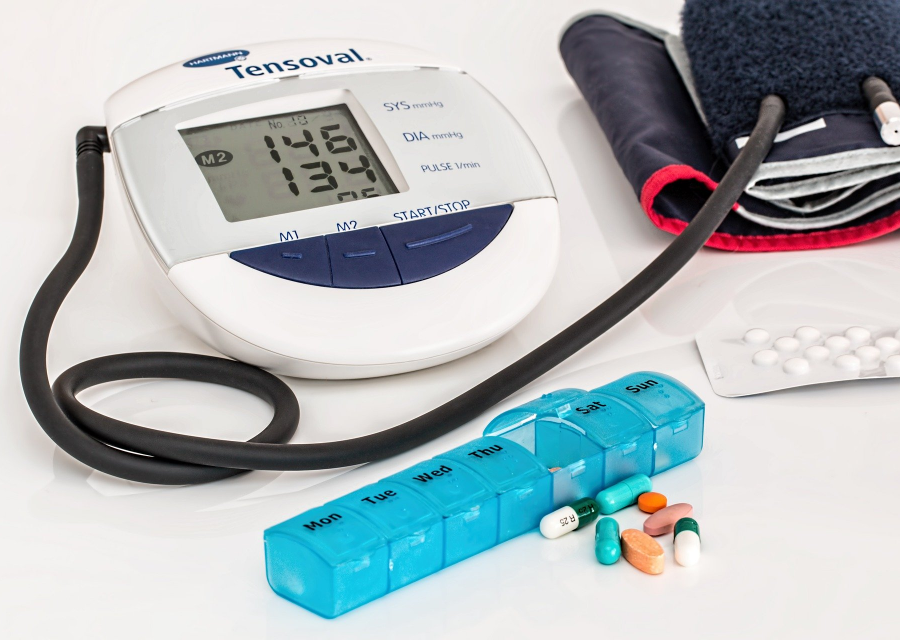Back
Cholesterol for stroke survivors
Cholesterol: measuring, testing and treatment.
Cholesterol levels are checked with a blood test. For one type of test (a full lipid profile test), you can’t eat or drink anything other than water for 12–14 hours before the test. A blood test can give information about your doctor what your total levels of cholesterol, lipoprotein and triglycerides. Cholesterol is measured in mmol/L, which is the amount of cholesterol per litre of blood. Your total cholesterol level should be below 5mmol/L. The LDL (bad cholesterol) should be below 3mmol/L. This is the amount of cholesterol per litre of blood. The balance of total cholesterol to HDL is worked out from your cholesterol level divided by your HDL level. This ratio should be below four.
How often you should get your cholesterol levels checked will depend on your age, and whether you have other health conditions. Your doctor will be able to advise you. It is important to get your cholesterol checked every year if you are on cholesterol-lowering medication. If you are over 40, overweight or have a family history of stroke, high blood pressure or other medical conditions such as heart disease or diabetes, visit your GP or practice nurse to ask for a test. Your cholesterol results are used as part of an assessment of your overall risk of stroke and heart attack. Depending on your other risk factors such as your weight, smoking, diabetes, high blood pressure and family history, the doctor will advise you on ways to reduce your risk. This might include statins as well as healthy eating and exercise.
Cholesterol lowering treatments
This guide can only give general information. You should always get individual advice about your own health and any treatment you may need from a medical professional such as a GP or pharmacist.
Statins
Statins are the main type of medication given to reduce the risk of stroke and heart attack. Statins reduce the levels of ‘bad’ cholesterol being produced by the liver. This helps prevent fatty deposits (atherosclerosis) forming on the walls of your arteries. They also reduce the chances of atherosclerosis causing a stroke or heart attack. If you have had a stroke caused by a clot (ischaemic stroke) or a transient ischaemic attack (TIA or mini-stroke), you will be prescribed a statin to help prevent another stroke or TIA. The aim will be to reduce your bad cholesterol by around 40%.
There are many types of statins that your doctor can prescribe. More common ones are Simvastatin, Fluvastatin or Atorvastatin. Your doctor will decide which is the best one for you. If you have had an intracerebral haemorrhage you won’t normally be given a statin. Always read the information which comes with your medication or ask your doctor or pharmacist if you are unsure. If you have any concerns about side effects, your GP can advise you on different types or different doses to try. If you are prescribed statins, you will usually be advised to make some lifestyle changes too, such as following a low-fat diet and, if necessary, losing weight, giving up smoking or reducing the amount of alcohol you drink. You may also need advice from a dietitian – your doctor may refer you to one.
There are other types of lipid-lowering drugs available to people with high cholesterol who can’t take statins. However, these may not be given to someone who has had a stroke. The main alternative to statins are selective cholesterol absorption inhibitors such as Ezetimibe, which may be given for familial hypercholesterolaemia (FH).
Other products
Plant sterols and stanols are naturally found in a wide range of foods such as vegetable oils, nuts, seeds, whole grains, fruits and vegetables. They can help reduce cholesterol in your blood when taken as supplements. You can buy dairy products like yoghurt and cream cheese fortified with stanols and sterols. Although these can be expensive, eating some every day can help to lower your cholesterol.
You can use them alongside cholesterol lowering medication, but don’t stop taking any cholesterol medication you may be taking. Although sterols and stanols can reduce cholesterol, they do not reduce your stroke risk in the same way as statins.
Back

